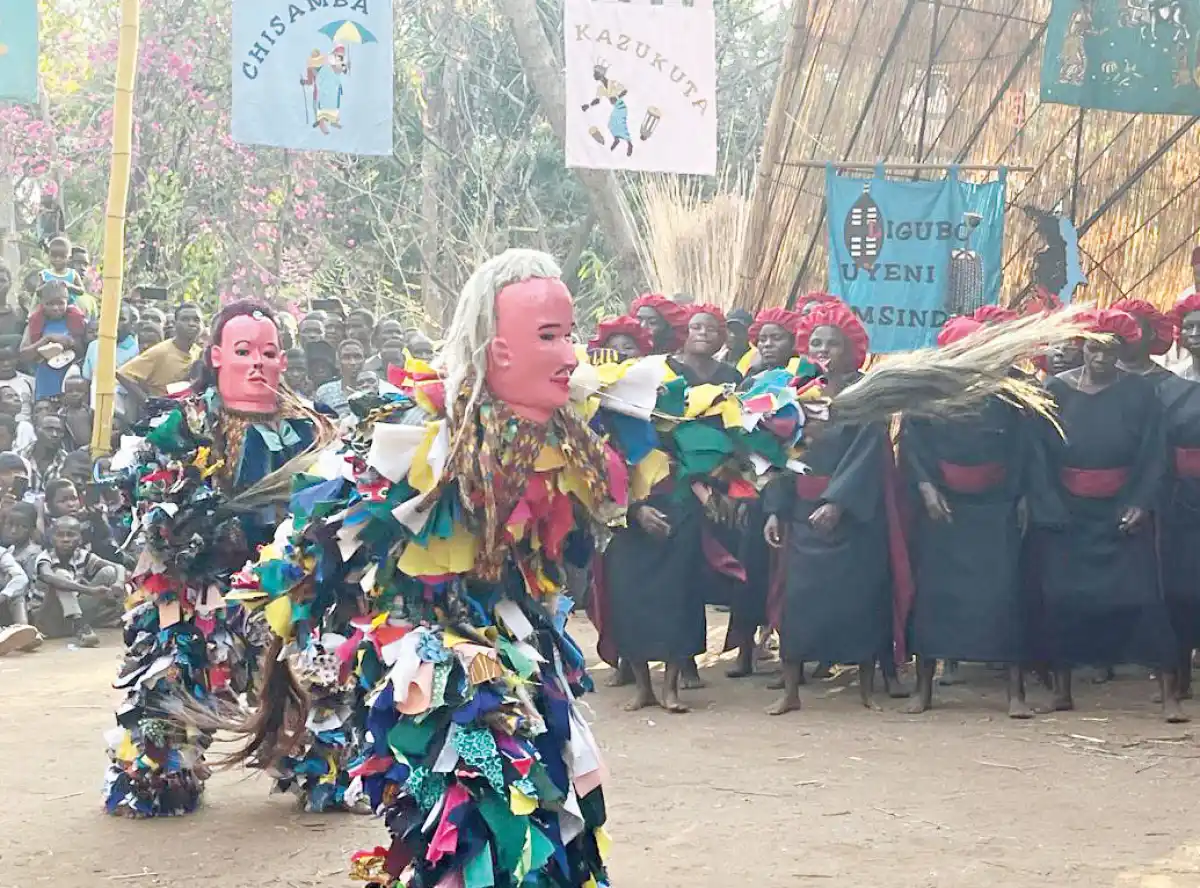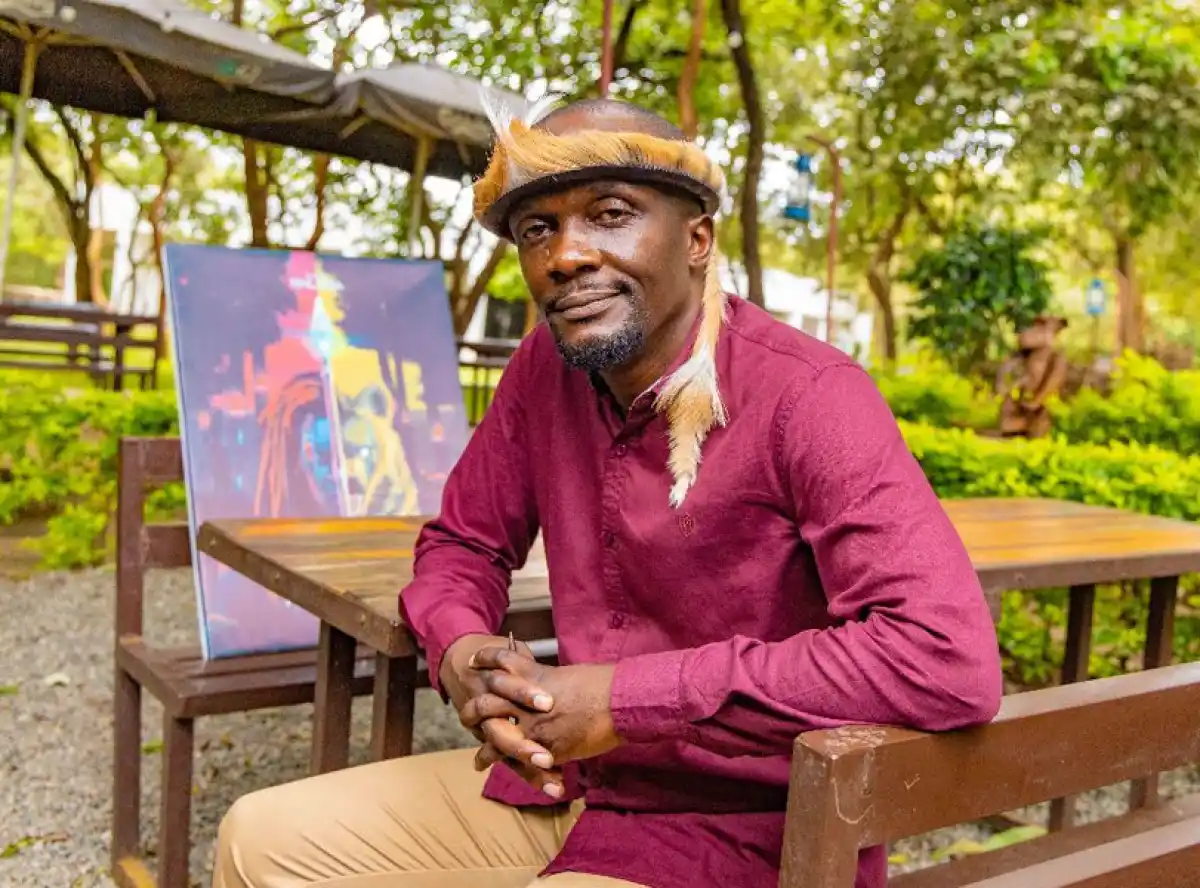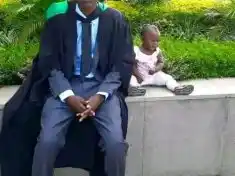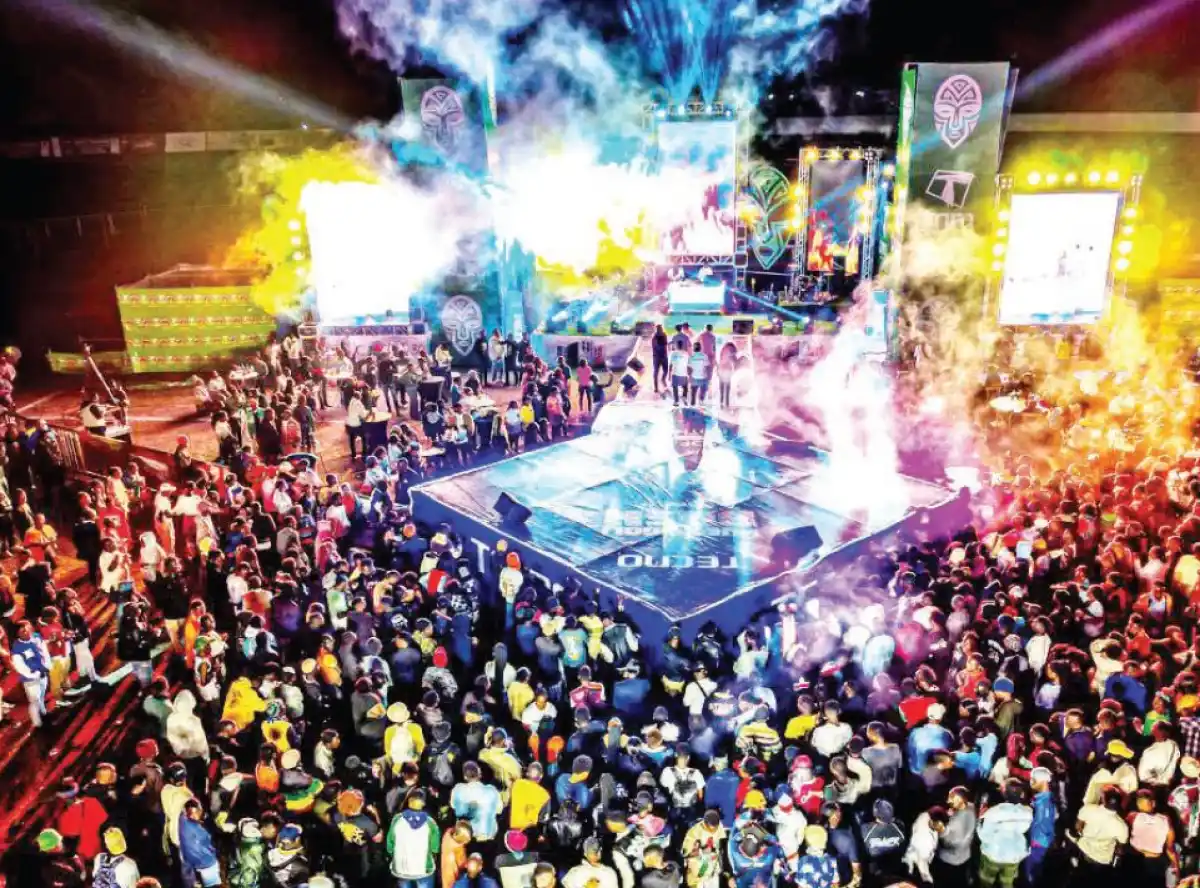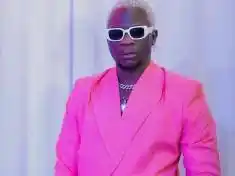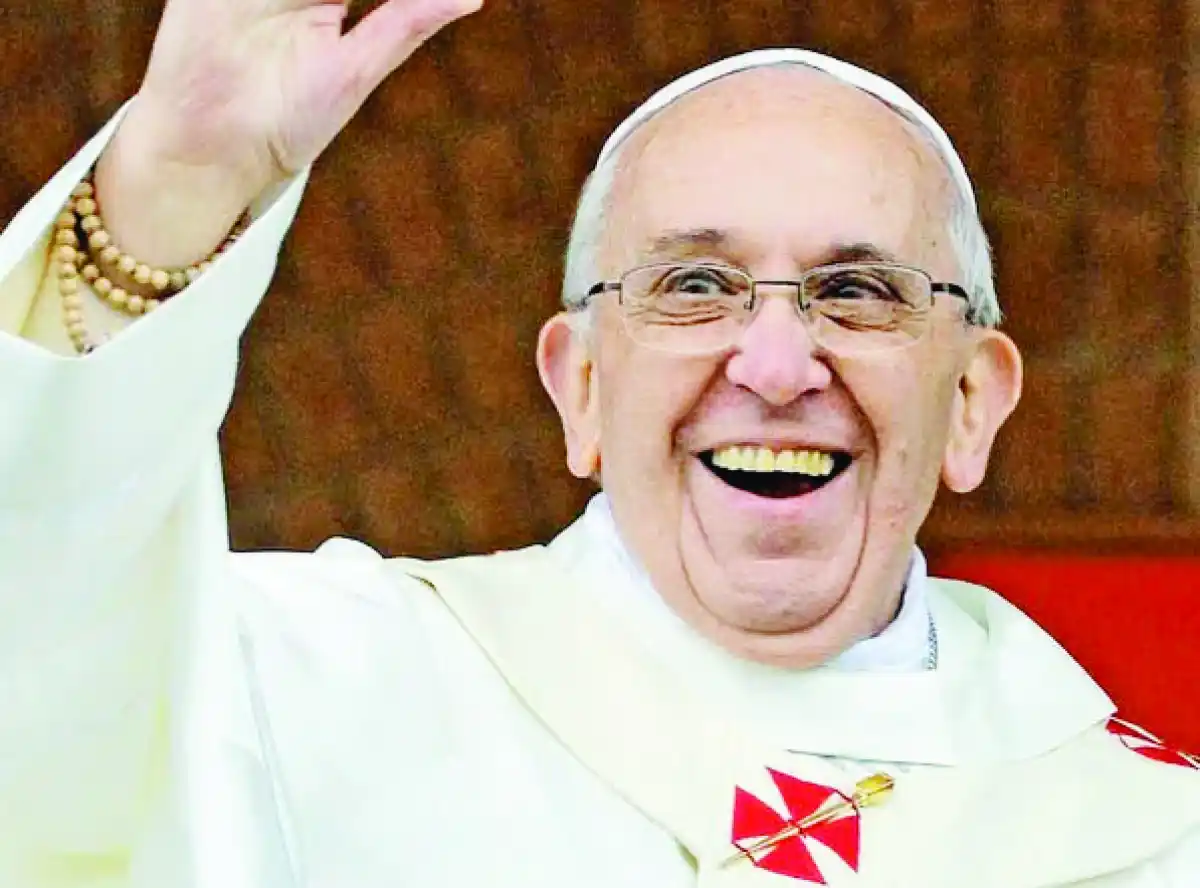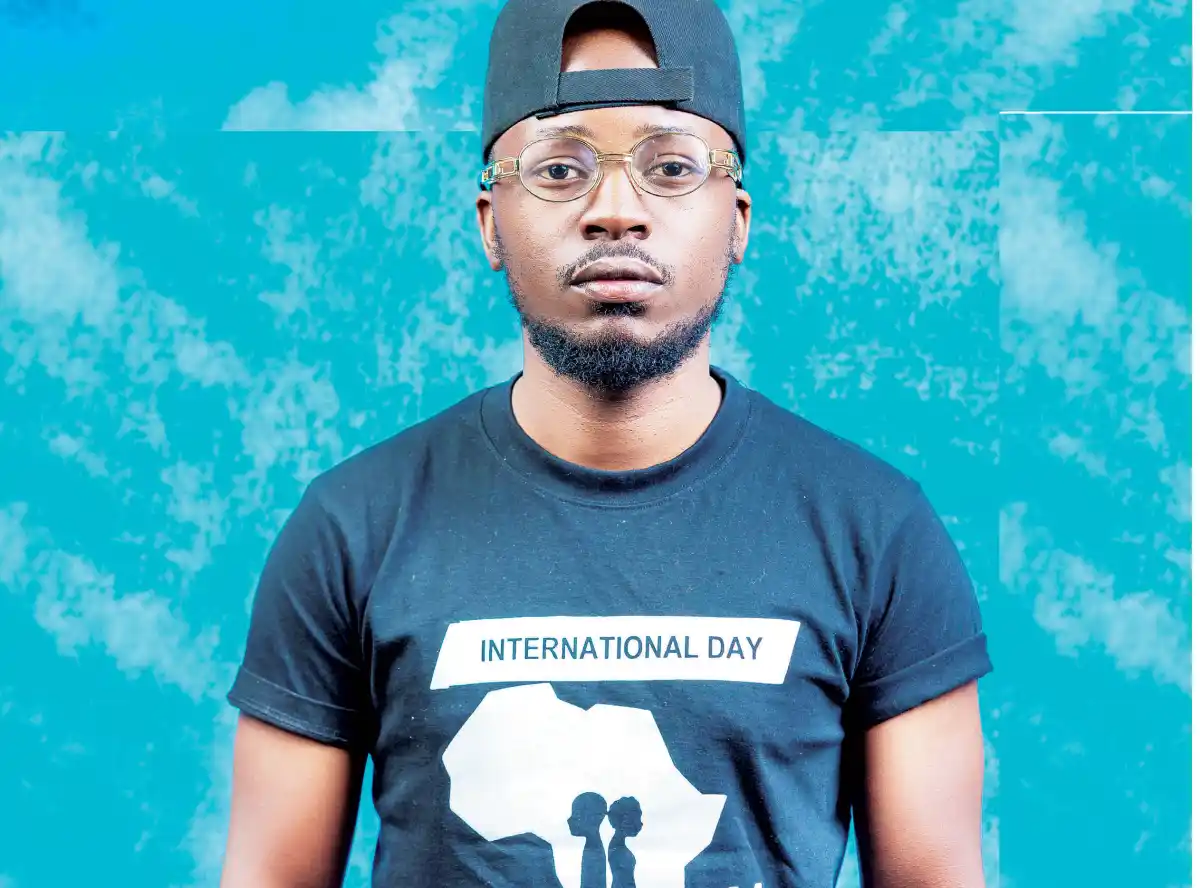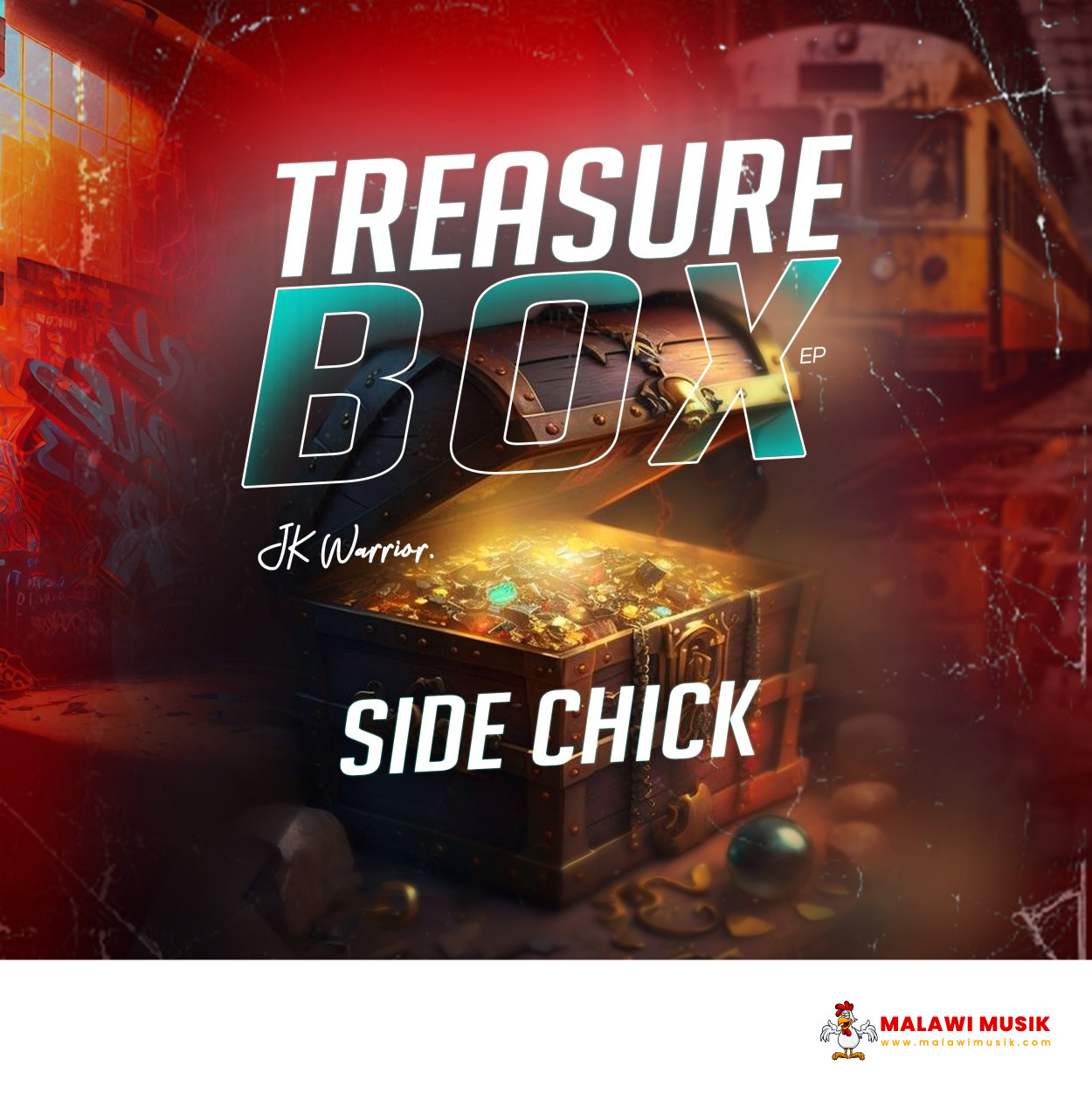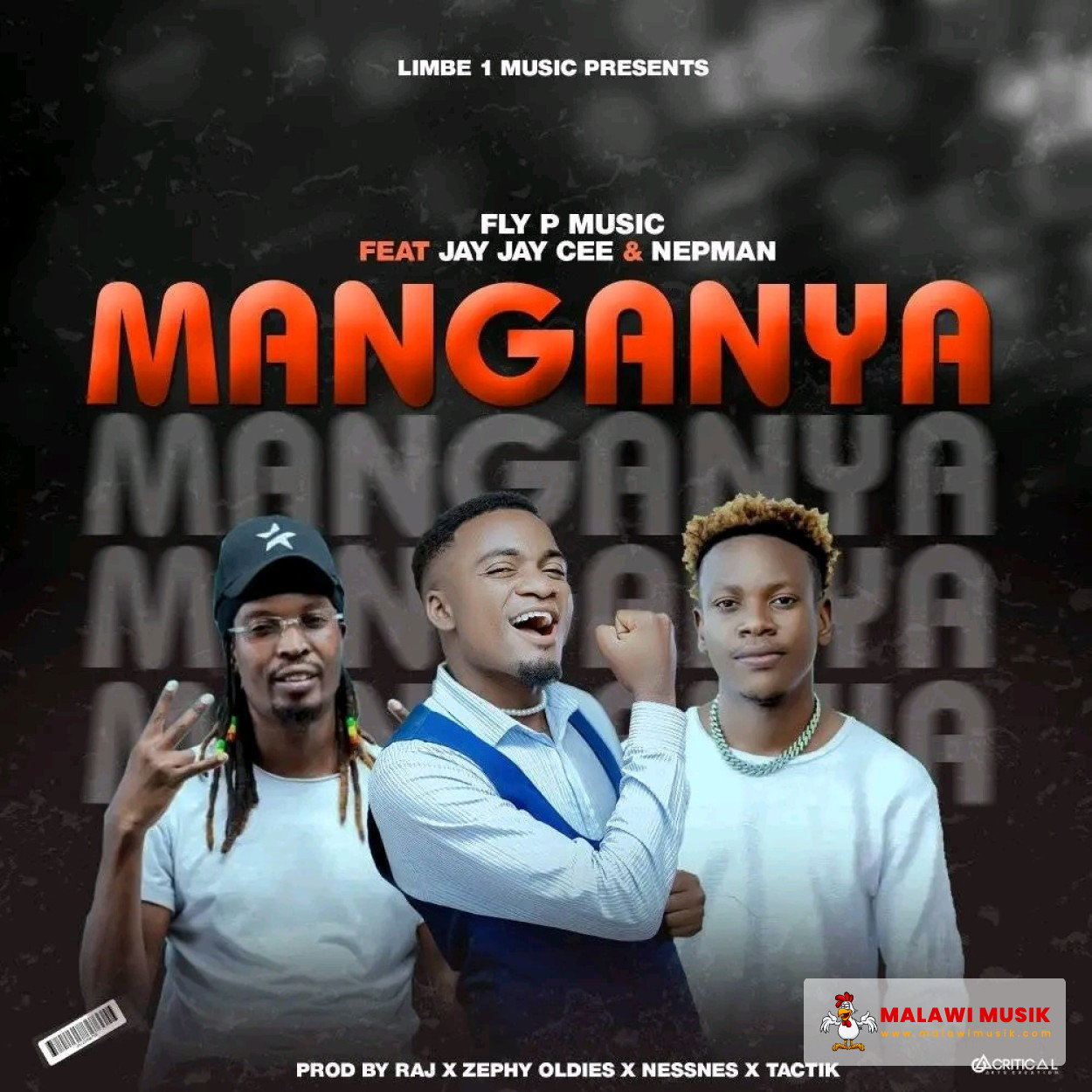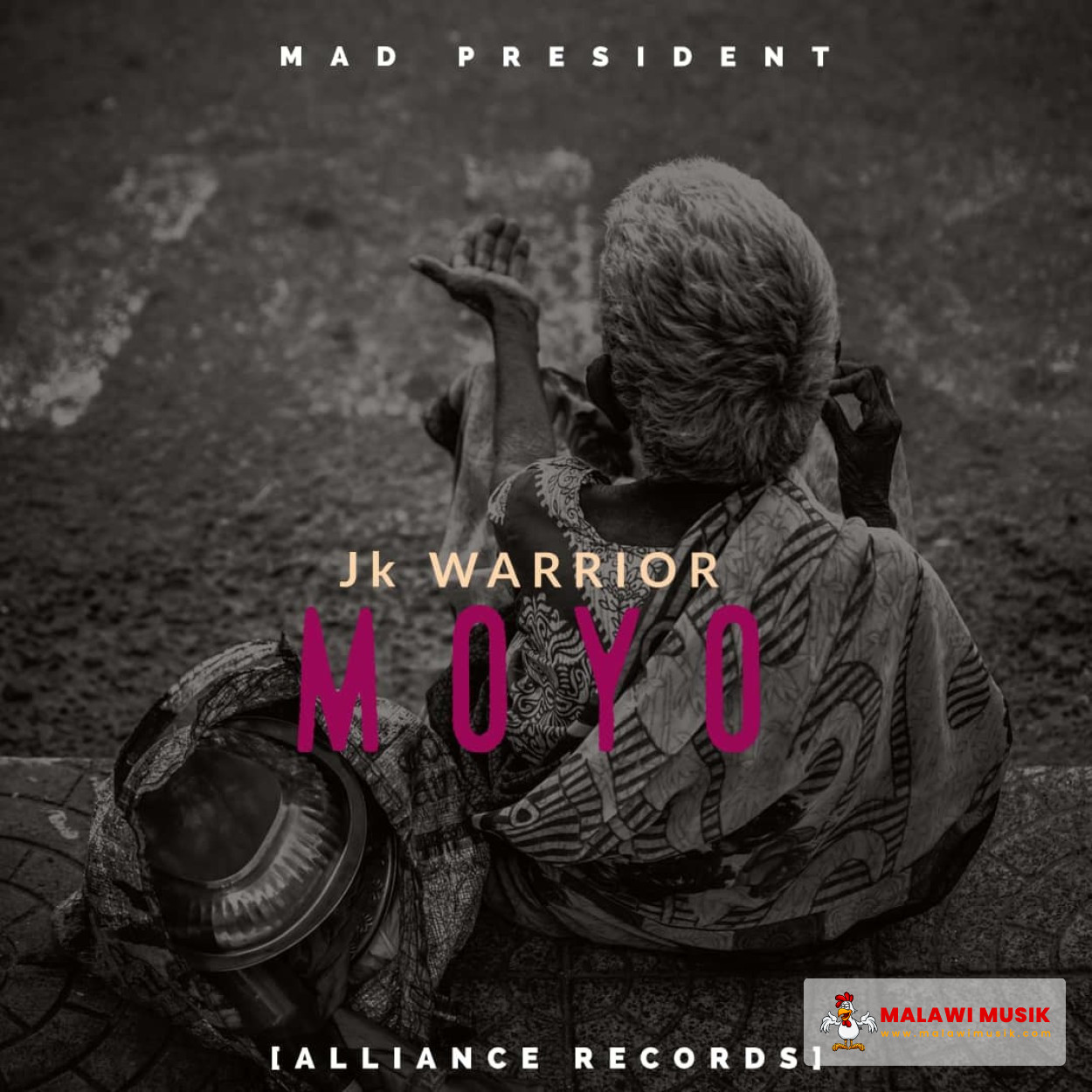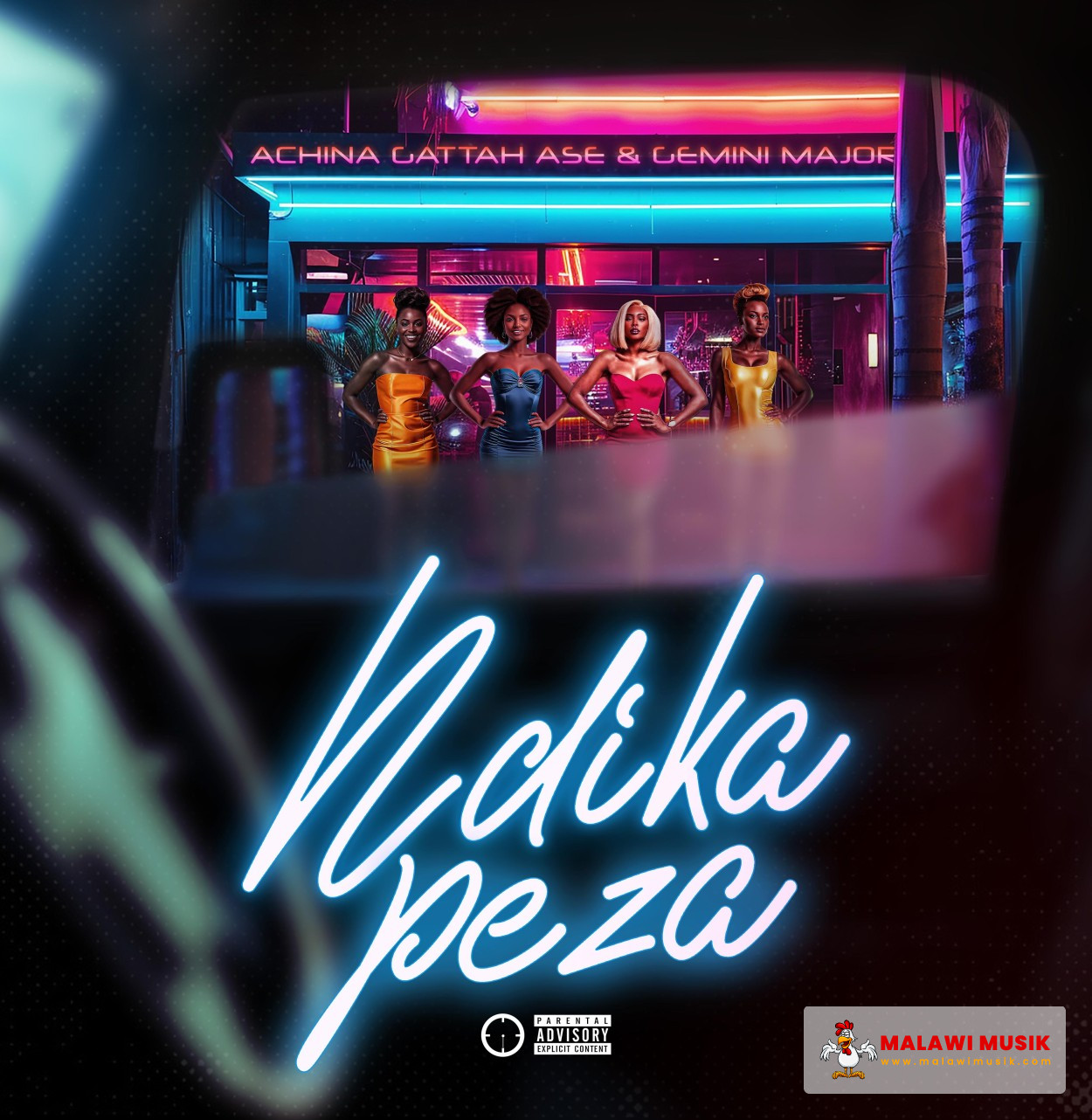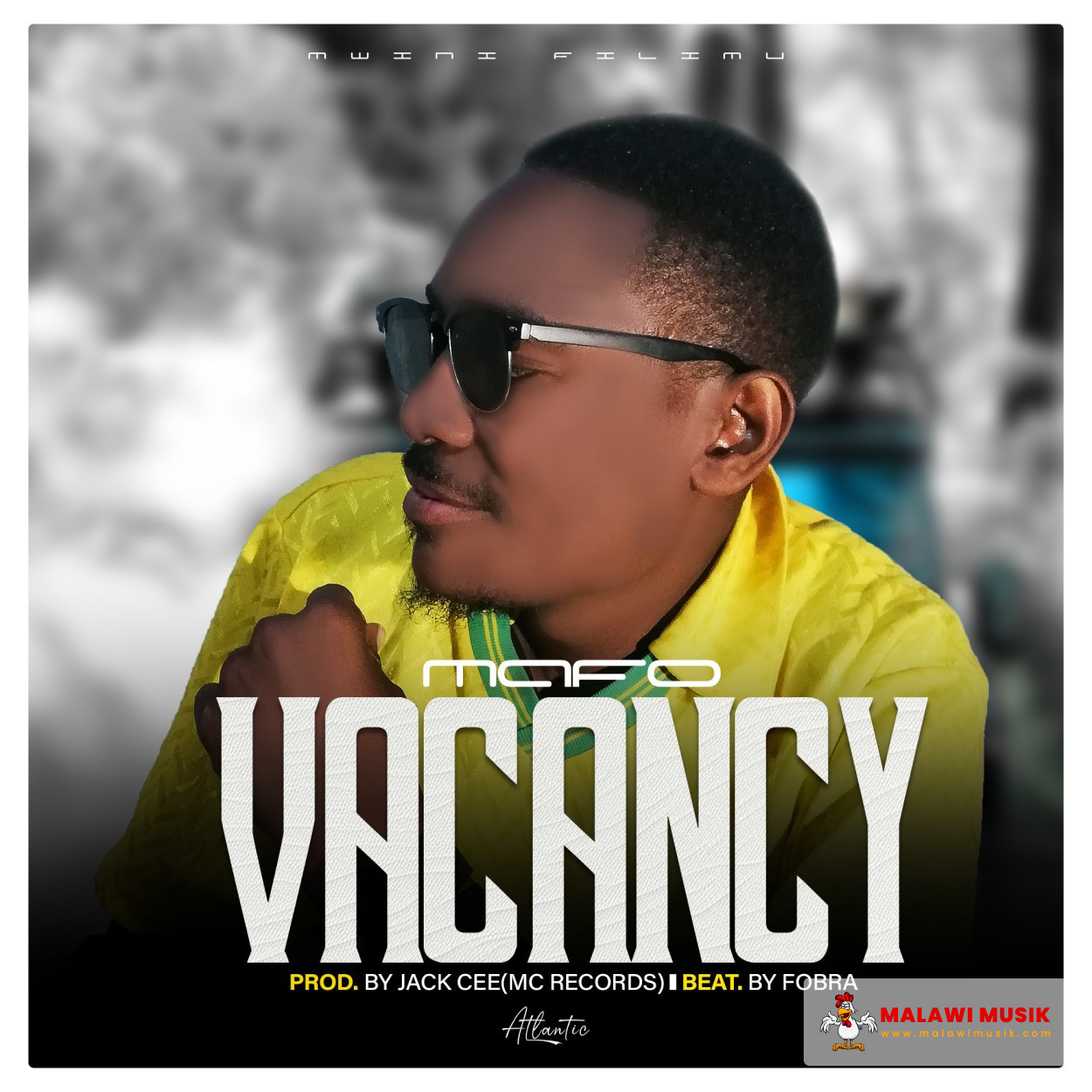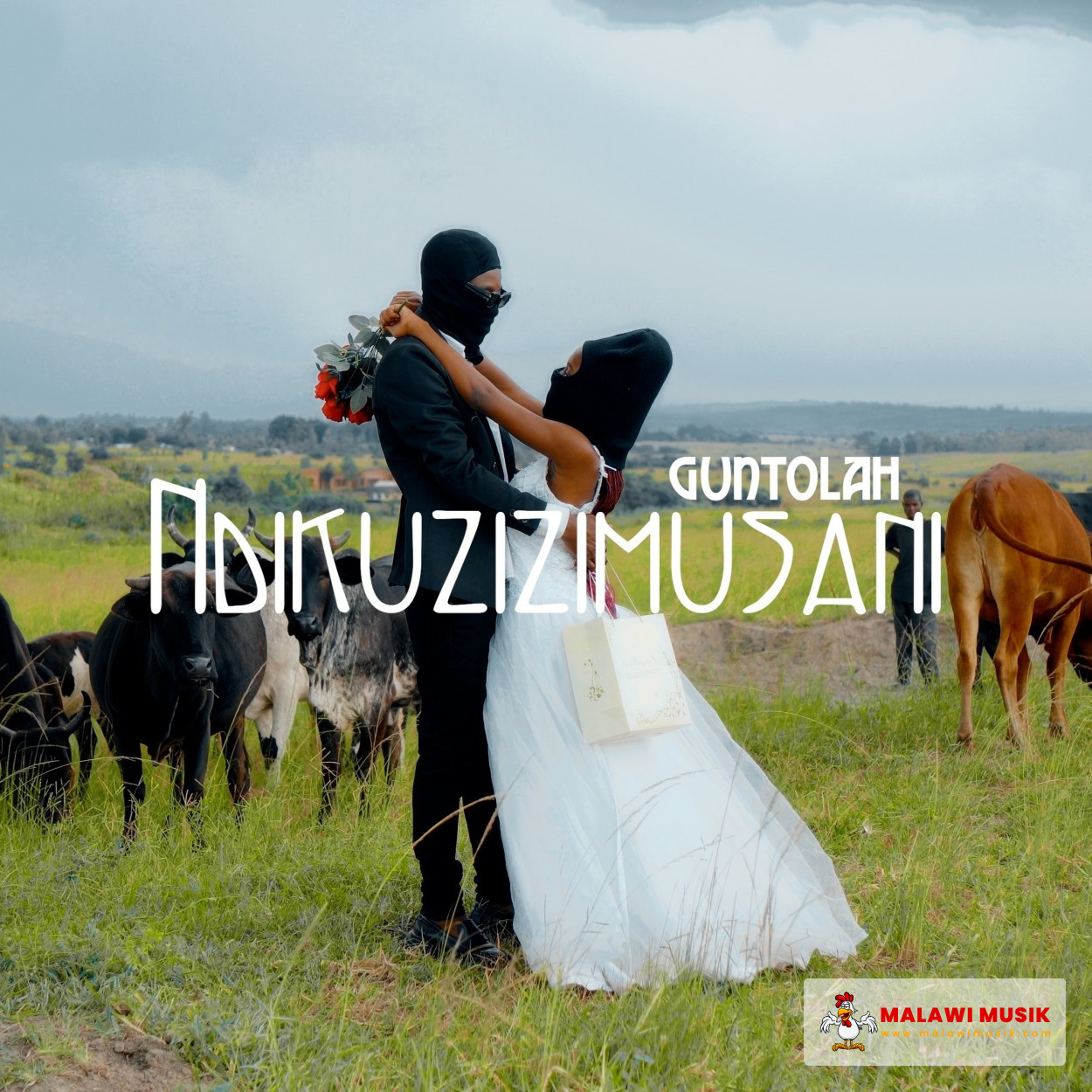
Every year Kungoni Centre of Art and Culture at Mua in Dedza holds its annual event not only to promote and preserve culture but also bring people together to appreciate each other and deliberate on different matters.
This is a heart that has devoted itself to upholding and preserving culture and through the traditional dances that it serves during occasions and also its exhibitions, it has shown out there that culture needs to be cherished and treasured.
Kungoni is a hub that continues to strive to change the perception that people have towards culture especially the current generation that looks at it as old fashioned and not good enough to dictate matters in today’s society.

Through traditional dances such as Gule Wamkulu – the Great Dance, which comes in different characters, Kungoni has created a ground for deliberations on issues affecting the country in order to bring about change and solutions.
For Kungoni, some of the challenges Malawi is going through at the moment are because it has abandoned its culture.
Father Brendan O’shea better known as Angozo, who took over the leadership of Kungoni from Father Claude Boucher (Achisale), describes culture as part of the people and that it identifies everything.
“There are some of the things that our leaders or those, who hold top positions, do because they have overlooked culture in the whole setup which is crucial. The world is changing and that is welcome but culture will always remain a part of that, neglecting it means killing everything,” O’shea said.
Every year during the annual event, Kungoni runs its events based on a theme and this year it was ‘Good Citizenship: The Foundation of Our Country’ (Umwini Ndiye Maziko A Dziko Lathu: Chimvano Cha Mavu N’choning’a Pamimba).
“We based this theme looking at what Malawi is going through at the moment. For instance, in 2025 we have elections and so many things will happen but it is the responsibility of every Malawian to safeguard this country and make it a better place to live,” he said.

And so, during the annual event, apart from the interdenominational prayers where messages are relayed to the people, traditional dances are always crucial and that is what happened once again this year where Gule Wamkulu was used to dispatch messages of corruption, environmental degradation and selfishness.
“People look at Gule Wamkulu as something else but in our culture, it is key in disseminating messages to the masses and this is what we continued to do this year,” he said.
O’shea said they have in recent times also devised a proper way of utilising Gule Wamkulu and other traditional dances by merging them into a package and then presented through a theatre production.
“In the past years, we used traditional dances as well as prayers to talk about issues and then in recent times we have brought in theatre. And so, people get to watch Gule Wamkulu in different characters but presenting different messages,” he said.
O’shea said just like in 2023, the 2024 edition was a success with Malawians and visitors from different countries in attendance where 30 groups performed.
“This year we were priviledged to have Amahoro Drummers from Dzaleka Refugee Camp in Dowa. It is the first time for them to perform at the annual Kungoni festival.
“I was also impressed by the performance from two young men, who are blind but in their set, they reminded people of the need to open our eyes to see the goodness around us and not destroying it by selfishness,” he said.
Coming back to the production that they staged this year, the play dares those in positions of authority not to abuse their positions.
It talks to the society to remember that positions are there to be held.
“The top positions that we hold are there not for us to enrich ourselves but rather to serve the society. The selection of Gule Wamkulu characters in different forms reinforced this message that we are community builders,” O’shea said.

The play through the eyes of Gule Wamkulu and fusion with other theatrical elements were good enough and presented the best that Malawi needed to hear to make headway.
O’shea said this is a platform that they target everyone and that they are now trying as much to remove all the barriers so as to have Kungoni accessible to all people.
Some quarters have questioned as to why Kungoni combines religion and culture, especially looking at the way they hold their annual event.
“This is looked up on the issue of power and unity. Church leaders have a responsibility to give an example of collaboration and unity, people look to us (church leaders) for guidance for example,” he said.
O’shea said through the church service, they seek for help from God and that this goes together with culture.
The production attracted interest as it also focused on selfishness (nzeru zayekha), where people have abandoned the culture of helping each other and instead, do things on their own.
“As people, we are blessed with so many gifts and talents let us contribute to the building of Malawi starting in our homes, let us search for new ways for instance in agriculture and overall let us be open,” O’shea said.
Last year mental health expert Chiwoza Bandawe hailed Kungoni for taking up a lead role of utilising Gule Wamkulu and other traditional dances to tackle issues in society.
“Traditional dances are there not only to offer entertainment to the masses but they have that important mission of reaching out to people with messages of mental health for example, environmental conservation and others,” he said.
The annual event was truthfully a day of celebration, joy and pride in Malawi culture.

